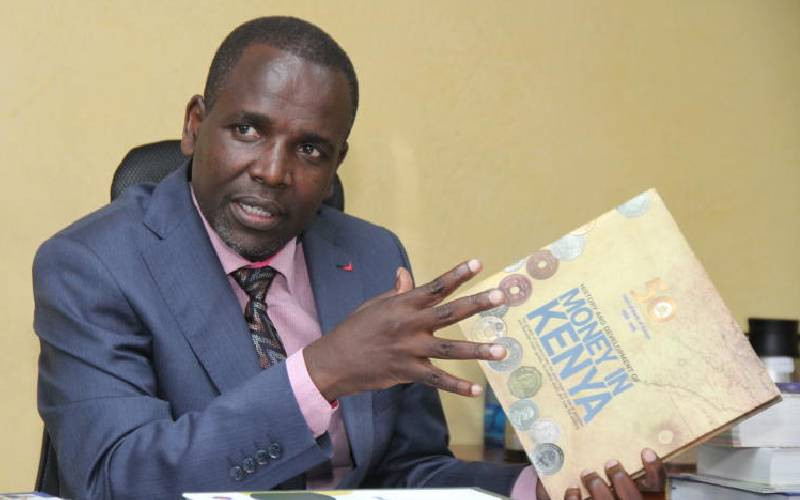×
The Standard e-Paper
Kenya's Bold Newspaper

Audio By Vocalize

Were it up to some headhunters, Edward Mwasi was an unlikely candidate for the corner office that he has occupied for almost a decade.
The institution - Kenya Yearbook Editorial Board (KYEB) - was technically insolvent, strangled by a Sh34 million debt, and about to be dissolved into a department of a bigger State agency.